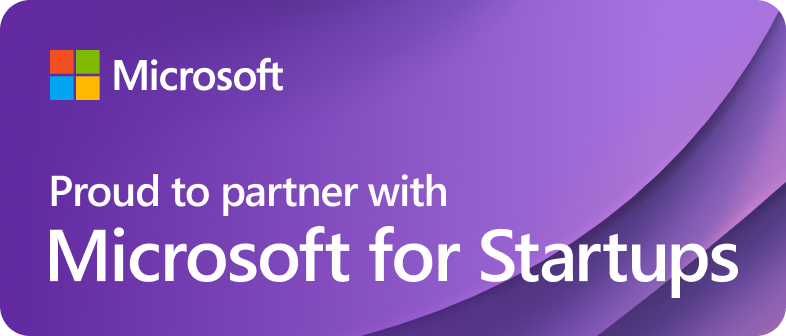The Benefits of Data-Based Decision-Making
The concept of “intuition,” or simply knowing when something is correct or wrong, has been invested with a significant amount of prestige, importance, and influence in society.
The concept of intuition has become so romanticized in modern life that it has become ingrained in how many people discuss and comprehend our generation’s “genius.”
“The intuitive mind is a precious gift,” Albert Einstein is cited as saying in science, while others tell you to “have the guts to follow your heart and intuition; they somehow already know what you want to become.”
Though intuition might be helpful, it would be a mistake to make all of your decisions based on gut instinct. While intuition can provide a hunch or spark, which begins on a specific path, you can check, understand and quantify the information.
WHAT IS DATA-DRIVEN DECISION-MAKING?
The technique of using data to inform your decision-making process and validate a course of action before committing to it is known as data-driven decision-making (often abbreviated as DDDM).
HOW DOES IT WORK?
A Chance to Take More Confident Decisions
When you start data collection and analysis, you can find that it is easier to make a confident choice about almost any difficulty for business, whether you decide to launch or stop a product, modify your marketing message, branch into a new market or something completely different.
Data play multiple roles. On the one hand, it serves to assess what already exists to understand better the impact that every move you make on your organization will have.
You Are Going to be Proactive.
It will probably be reactionary when you first deploy a data-driven decision-making process. The data tells a story to which you and your company have to react.
Although it is of value itself, data and analysis are not the only roles that your company can perform. Given sufficient practice, correct types and quantity of data, it is feasible, for example, by discovering commercial possibilities before your rival or spotting risks before they become too serious about utilizing them more proactively.
You Can Save on Costs.
There are several reasons companies invest in a Big Data effort and see that their operations are more data-driven.
According to the report, one of the most significant projects is data to save costs. More than 49 per cent of the firms who started programs to reduce expenditure have seen their projects’ value.
WHAT CAN YOU DO TO BECOME MORE DATA-DRIVEN?
There are several measures you may take to achieve your aim of being more data-driven in your approach to business. Here are some examples of how you might use an analytical mentality in your daily duties.
Look for Patterns in Unexpected Places.
Data analysis attempts to uncover a pattern within, or a link between, various data points at its core. Insights and inferences can be gained from these patterns and relationships.
Making a conscious commitment to be more analytical — both in business and in your personal life — is the first step toward becoming more data-driven. While this may appear to be an easy task, it requires practice.
Make Data-Based Decisions.
When faced with a business or a personal decision, try to avoid depending on gut instinct or previous conduct. Make a conscious effort to adopt an analytical attitude instead.
Visualize the Data’s Significance
The process of data analysis includes a significant amount of data visualization. You’ll be able to rapidly discover trends and draw conclusions about the data if you create compelling visualizations in the form of charts and graphs.
Suppose the idea of learning how to incorporate data into your decision-making process on your own makes you uneasy. In that case, there are various educational choices available to help you build the data science skills you’ll need to succeed.
While there are numerous advantages to data-driven decision-making, it’s crucial to remember that you don’t have to go all-in to get there. You may become more data-driven and prosper in your organization by starting small, benchmarking your performance, documenting everything, and adjusting as you go.













